Solder is a fusible metal alloy used to create a permanent bond between metal workpieces. Solder is melted in order to wet the parts of the joint, where it adheres to and connects the pieces after cooling. metals or alloys suitable for use as solder should have a lower melting point than the pieces to be joined. The solder should also be resistant to oxidative and corrosive effects that would degrade the joint over time. Solder used in making electrical connections also needs to have favorable electrical characteristics. Soft solder typically has a melting point range of 90 to 450 °C (190 to 840 °F; 360 to 720 K), and is commonly used in electronics, plumbing, and sheet metal work. Alloys that melt between 180 and 190 °C (360 and 370 °F; 450 and 460 K) are the most commonly used. Soldering performed using alloys with a melting point above 450 °C (840 °F; 720 K) is called "hard soldering", "silver soldering", or brazing. In specific proportions, some alloys are eutectic — that is, the alloy's melting point is the lowest possible for a mixture of those components, and coincides with the freezing point. Non-eutectic alloys can have markedly different solidus and liquidus temperatures, as they have distinct liquid and solid transitions. Non-eutectic mixtures often exist as a paste of solid particles in a melted matrix of the lower-melting phase as they approach high enough temperatures. In electrical work, if the joint is disturbed while in this "pasty" state before it fully solidifies, a poor electrical connection may result; use of eutectic solder reduces this problem. The pasty state of a non-eutectic solder can be exploited in plumbing, as it allows molding of the solder during cooling, e.g. for ensuring watertight joint of pipes, resulting in a so-called "wiped joint".
Solder pallet, the basic unit of surface mount assembly, is used to form the solder pallet pattern of the circuit board, that is, a combination of various solder pallet materials designed for special component types. When a solder pallet structure is not designed correctly, it is difficult, sometimes impossible, to achieve the intended solder joint. There are two words for solder pallet: Land and Pad, and are often used interchangeably; however, functionally, Land is a two-dimensional surface feature used for surface mountable components, while Pad is a three-dimensional feature used for pluggable components. As a general rule, Land does not include PTH, plated through-hole. Vias are plated through holes (PTHs) that connect different circuit layers. A blind via is a buried via that connects the outermost layer and one or more inner layers, and only connects the inner layers.
Fiberglass is a common type of fiber-reinforced plastic using glass fiber. The fibers may be randomly arranged, flattened into a sheet called a chopped strand mat, or woven into glass cloth. The plastic matrix may be a thermoset polymer matrix—most often based on thermosetting polymers such as epoxy, polyester resin, or vinyl ester resin—or a thermoplastic. Cheaper and more flexible than carbon fiber, it is stronger than many metals by weight, non-magnetic, non-conductive, transparent to electromagnetic radiation, can be molded into complex shapes, and is chemically inert under many circumstances. Applications include aircraft, boats , automobiles, bath tubs and enclosures, swimming pools, hot tubs, septic tanks, water tanks, roofing, pipes, cladding, orthopedic casts, surfboards, and external door skins. Other common names for fiberglass are glass-reinforced plastic (GRP), glass-fiber reinforced plastic (GFRP) or GFK (from German: Glasfaserverst?rkter Kunststoff). Because glass fiber itself is sometimes referred to as "fiberglass", the composite is also called fiberglass-reinforced plastic (FRP). This article will adopt the convention that "fiberglass" refers to the complete fiber-reinforced composite material, rather than only to the glass fiber within it. Carbon-fiber-reinforced polymer is a similar composite material in which the reinforcement fiber is carbon fibers.
Fiberglass is an immensely versatile material due to its lightweight, inherent strength, weather-resistant finish and variety of surface textures. The development of fiber-reinforced plastic for commercial use was extensively researched in the 1930s. It was of particular interest to the aviation industry. A means of mass production of glass strands was accidentally discovered in 1932 when a researcher at Owens-Illinois directed a jet of compressed air at a stream of molten glass and produced fibers. After Owens merged with the Corning company in 1935, Owens Corning adapted the method to produce its patented "Fiberglas" (one "s"). A suitable resin for combining the "Fiberglas" with a plastic was developed in 1936 by DuPont. The first ancestor of modern polyester resins is Cyanamid's of 1942. Peroxide curing systems were used by then. During World War II, fiberglass was developed as a replacement for the molded plywood used in aircraft radomes (fiberglass being transparent to microwaves). Its first main civilian application was for the building of boats and sports car bodies, where it gained acceptance in the 1950s. Its use has broadened to the automotive and sport equipment sectors. In the production of some products, such as aircraft, carbon fiber is now used instead of fiberglass, which is stronger by volume and weight. Advanced manufacturing techniques such as pre-pregs and fiber rovings extend fiberglass's applications and the tensile strength possible with fiber-reinforced plastics. Fiberglass is also used in the telecommunications industry for shrouding antennas, due to its RF permeability and low signal attenuation properties. It may also be used to conceal other equipment where no signal permeability is required, such as equipment cabinets and steel support structures, due to the ease with which it can be molded and painted to blend with existing structures and surfaces. Other uses include sheet-form electrical insulators and structural components commonly found in power-industry products. Because of fiberglass's lightweight and durability, it is often used in protective equipment such as helmets. Many sports use fiber glass reinforced protective gear, such as goaltenders' and catchers' masks.
Epoxy sheet is also called insulating board, epoxy board, 3240 epoxy board. Epoxy resins generally refer to organic polymer compounds containing two or more epoxy groups in the molecule. Except for a few, their relative molecular mass is not high. The molecular structure of epoxy resin is characterized by the presence of active epoxy groups in the molecular chain, and the epoxy groups can be located at the end, middle or cyclic structure of the molecular chain. Due to the active epoxy groups in the molecular structure, they can be cross-linked with various types of curing agents to form insoluble and infusible polymers with a three-way network structure. The existence of polar hydroxyl and ether bonds inherent in the molecular chain of epoxy resin makes it have high adhesion to various substances. Epoxy resins have low shrinkage when cured and generate little internal stress, which also contributes to improved adhesion strength.
Fiberglass board alias: fiberglass insulation board, fiberglass board (FR-4), fiberglass composite board, etc. It is composed of fiberglass material and composite material with high heat resistance, and does not contain asbestos harmful to human body. It has high mechanical properties and dielectric properties, good heat resistance and moisture resistance, and good processability. For plastic molds, injection molds, machinery manufacturing, molding machines, drilling machines, injection molding machines, motors, PCB, ICT fixtures, table grinding pads. Injection mold molding usually requires: high temperature material and low temperature mold. In the same machine condition, the heat insulation method must be adopted.
Phenolic sheet is made of phenolic foam material, which is a polymer organic rigid aluminum foil foam product, which is foamed by thermosetting phenolic resin. Phenolic insulation boards are widely used in developed countries. According to statistics and literature records, 40% of fire-proof, thermal-insulation and sound-insulation materials in the United States are phenolic resins; the United Kingdom, Western Europe, and the Middle East stipulate that phenolic foam thermal insulation materials are preferred for new construction projects; Construction departments in France and Northern Europe believe that only phenolic foam insulation materials have good fire performance.





















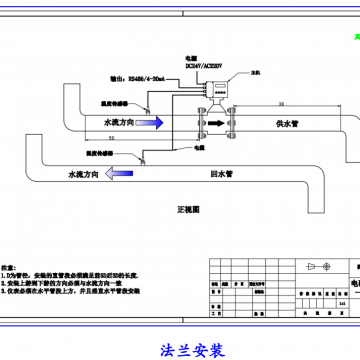
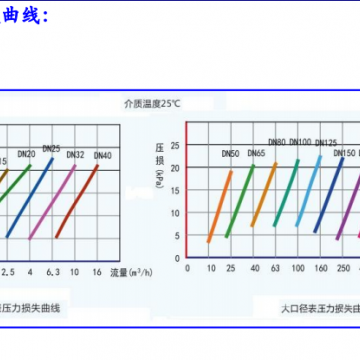
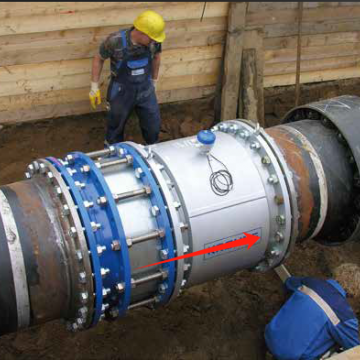
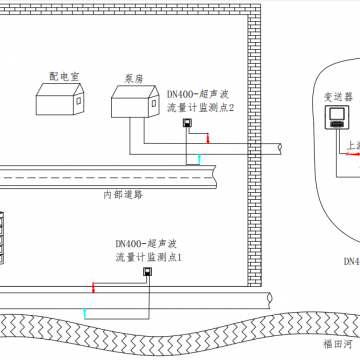
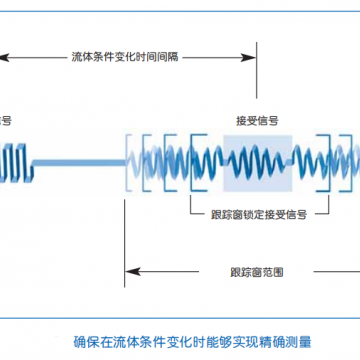

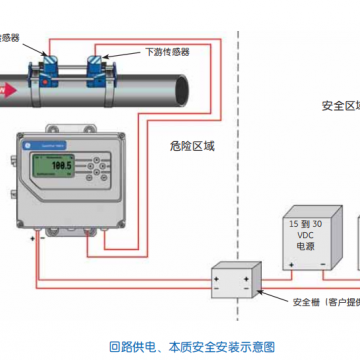
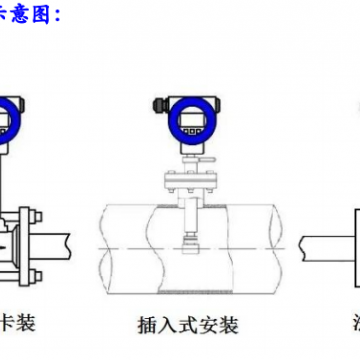
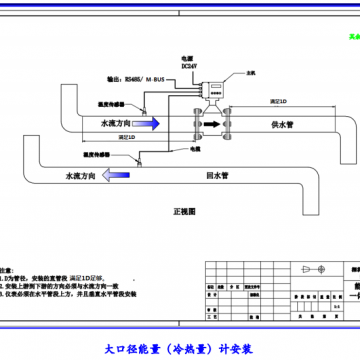
 第1年
第1年





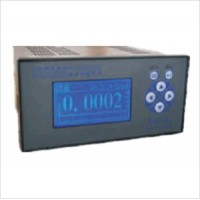
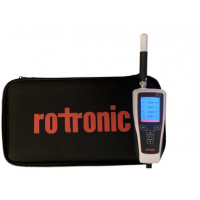
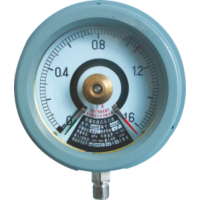
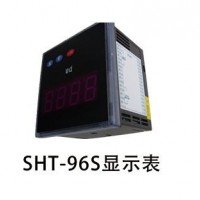
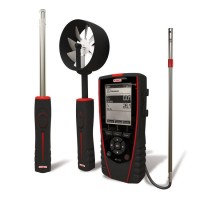

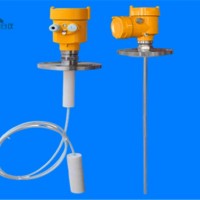
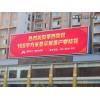
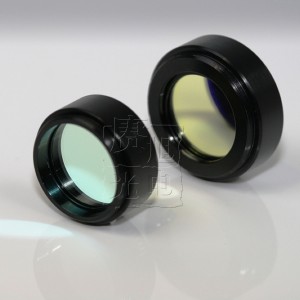
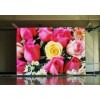
 手機圖頁網
手機圖頁網



